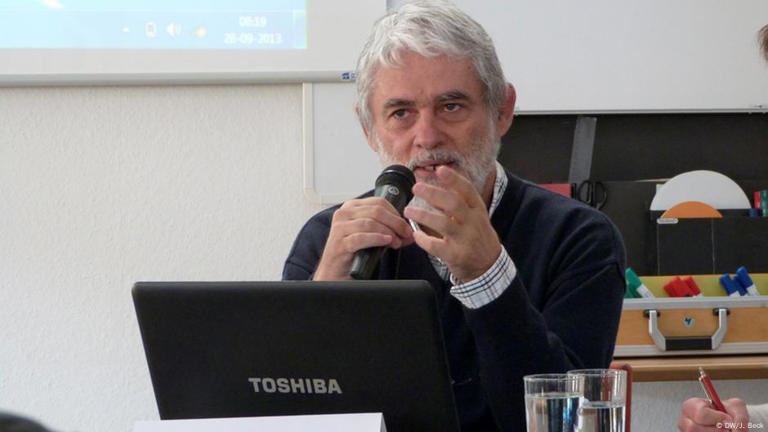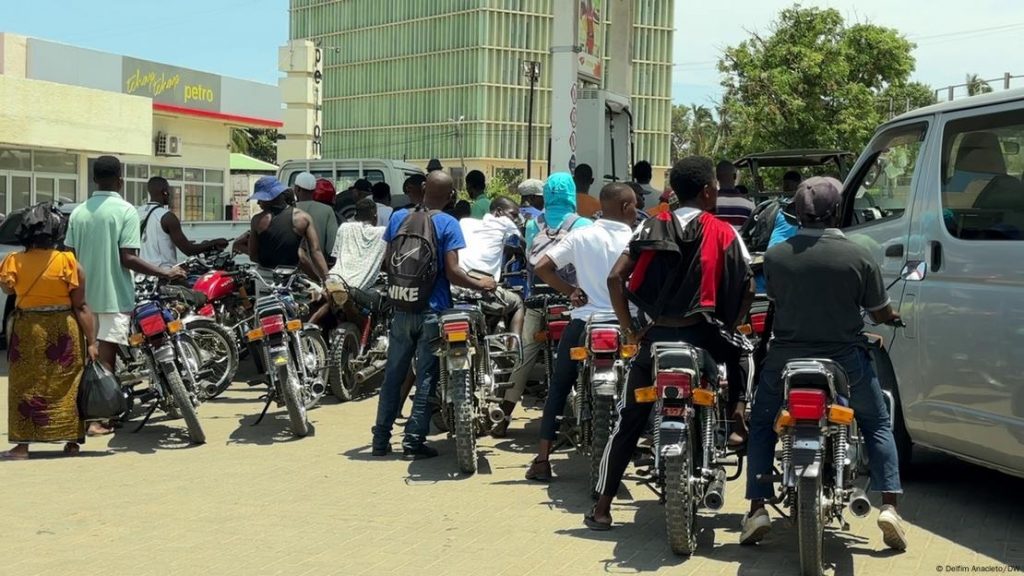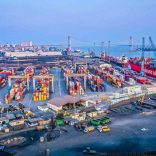Mozambique’s removal from 'grey list' is crucial for financial credibility - AIM
Mozambique: “Foreign investment at a standstill”

FILE - João Mosca: "In a country at high risk of instability and misgovernance: it is natural for investors to remain cautious, waiting for new developments." [File photo: DW/J. Beck]
Foreign investment in Mozambique is hanging by a thread due to instability. While some multinationals set conditions for their return, those belonging to the political elite are resuming extraction with Army protection.
The violent post-election protests that Mozambique has been experiencing for more than two months led some multinationals to halt their activities, some even claiming “force majeure”. And the forecasts for foreign investment are not favourable. The Oxford Economics consultancy warns that international donors and investors may withdraw financial support to Mozambique if instability continues after the first quarter, due to the government’s “oppression”.
Economist João Mosca stresses that: “In a country at high risk of instability and misgovernance, it is natural that investors, especially large-scale investors in areas that are very important to Mozambique’s economy and also to the economy of their countries and these multinationals, remain on the sidelines, waiting for new developments.”
Mosca says that, at this moment, it is very difficult to define what will happen in the near future. “It is therefore completely logical that foreign investment will remain standstill.”
The economist points out that Mozambique is excessively dependent on external financing, international cooperation, donations and loans. This dependence amounts to around 60% of the gross domestic product (GDP), something which Mosca describes as a very heavy burden for the country.
Regarding the consequences for foreign investment in the medium term, Mosca says that it is not expected to remain permanently on hold. But, Mosca adds, considering the effects that have been felt in the industrial, tourism and transport sectors, “the economy is not expected to recover in the near future.”

Constraints as a means of exerting pressure?
The Australian company Syrah Resources, which recently suspended operations in the context of electoral violence, has revealed that, while the protests affect its activity at Balama Graphite in Cabo Delgado, it will not receive new tranches of a US loan. Could such constraints be a mechanism for US authorities to pressure the Mozambican counterparties towards a quicker solution?
Mosca believes so, arguing that foreign capital and the countries that cooperate with and invest most in Mozambique are not interested in this situation at all, because “they have large amounts of capital invested here, and not only in corridor areas, in the interior and in hinterland countries [in the region], with significant imports and exports”.
The economist continues that, “it is not in the least bit in Mozambique’s interest to enter an uncontrolled crisis situation in the medium and long term”.
“But it is also necessary to take into account that the new government will be in a situation in which the state is completely out of control, and it does not control the social and economic situation. And we will have to wait and see what the external pressure and conflicts in the country will be like.”
Ensuring security using State resources
Montepuez Ruby Mining has already made the opposite move, resuming operations after only a few days’ hiatus. Could it be that the intention to convey an image of investment stability is behind this?
“Montepuez Ruby Mining company is ‘protected’ by one of the oldest Frelimo generals, Pachinuapa,” the economist points out. “It is managed by Samora’s son, Samora Machel Jr. Therefore, there are major interests here – not only of an economic nature, but also in conveying a different image.”
The company “operates in a situation where there is no serious crisis and all its outflows occur in an area that is not experiencing a major crisis”, he adds.
“On the other hand, we must point out that Montepuez’ mines are heavily protected by the Mozambican army,” Mosca concludes.












Leave a Reply
Be the First to Comment!
You must be logged in to post a comment.
You must be logged in to post a comment.